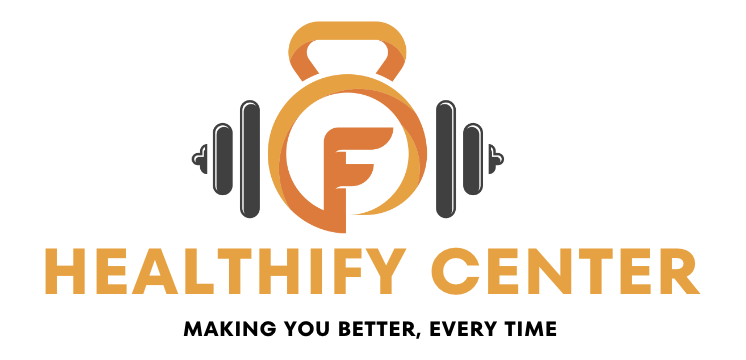Nurse staffing levels have a significant impact on patient care in hospitals. Adequate nurse staffing not only enhances patient safety and satisfaction but also contributes to better health outcomes. However, the shortage of nurses and high nurse-to-patient ratios in many hospitals can lead to compromised patient care and increased risks.
Research has consistently shown that nurse staffing levels have a direct correlation with patient safety and quality of care. Adequate staffing reduces the risk of adverse events such as medication errors, infections, and falls, which are common in hospitals with a shortage of nurses. Studies have also found that higher nurse-to-patient ratios are associated with increased mortality rates and longer hospital stays.
Additionally, nurse staffing levels are crucial in providing timely and effective patient care. Overworked and understaffed nurses are more likely to experience burnout and exhaustion, which can lead to decreased morale and job satisfaction. This, in turn, can impact the overall quality of care provided to patients. Adequate nurse staffing allows for better coordination and communication among nurses, resulting in improved patient outcomes.
Furthermore, nurse staffing levels play a significant role in patient satisfaction. Patients value the attention and care they receive from nurses, and insufficient staffing can lead to delays in care, inadequate monitoring, and decreased responsiveness to patient needs. This can ultimately lead to lower patient satisfaction scores and negative reviews for the hospital.
To address the impact of nurse staffing levels on patient care, hospitals must prioritize staffing models that prioritize patient safety and quality of care. This may involve hiring more nurses, utilizing technology to streamline workflows, and implementing staffing ratios that align with best practices and evidence-based guidelines. Additionally, hospitals should focus on providing ongoing education and support for nurses to prevent burnout and promote job satisfaction.
In conclusion, nurse staffing levels have a profound impact on patient care in hospitals. Adequate staffing not only improves patient safety and outcomes but also enhances patient satisfaction. Hospitals must recognize the importance of nurse staffing levels and prioritize strategies to ensure that patients receive the highest quality of care. By doing so, hospitals can create a safer and more effective healthcare environment for both patients and nurses.


















Leave a Reply